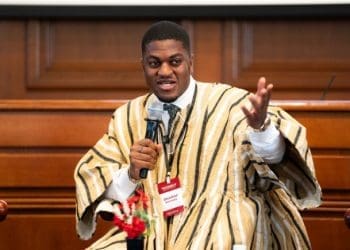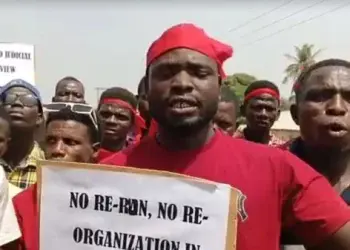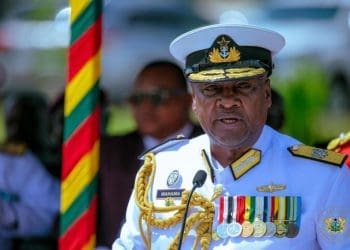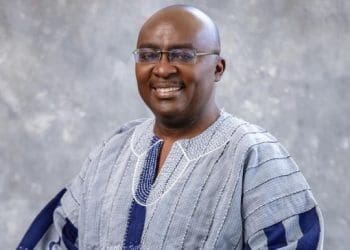President John Dramani Mahama has granted presidential amnesty to 998 prisoners nationwide, acting on the recommendation of the Prisons Service Council in consultation with the Council of State, and in line with Article 72(1) of the 1992 Constitution.
The move reflects the constitutional mandate of President Mahama to exercise the prerogative of mercy in deserving cases. Out of 1,014 prisoners recommended for amnesty, 998 were approved.
The decision was confirmed in a statement issued by the Presidential Spokesperson and Minister of Government Communications, Felix Kwakye Ofosu.
According to the statement, Mahama granted amnesty to the following prisoners:
- First-time offenders – 787 persons
- Death sentences commuted to life imprisonment – 87 persons
- Life sentences commuted to 20 years’ definite term – 51 persons
- Seriously ill prisoners – 33 persons
- Prisoners over 70 years, irrespective of offence – 36 persons
- Nursing mothers – 2 persons
- Petition cases – 2 persons

In Ghana, presidential amnesty typically refers to the President’s power to pardon or commute the sentences of prisoners. This is often done on special occasions, such as Independence Day or during periods of national reflection.
Amnesty International Ghana is also involved in human rights work, including advocating for the release of prisoners of conscience and working to abolish the death penalty.
Key aspects of presidential amnesty in Ghana:
Presidential prerogative:
The President of Ghana has the constitutional power to grant pardons and commute sentences.
Amnesty is often granted on national holidays or significant anniversaries.
Amnesty can include the release of prisoners, commutation of sentences, or other forms of leniency.












